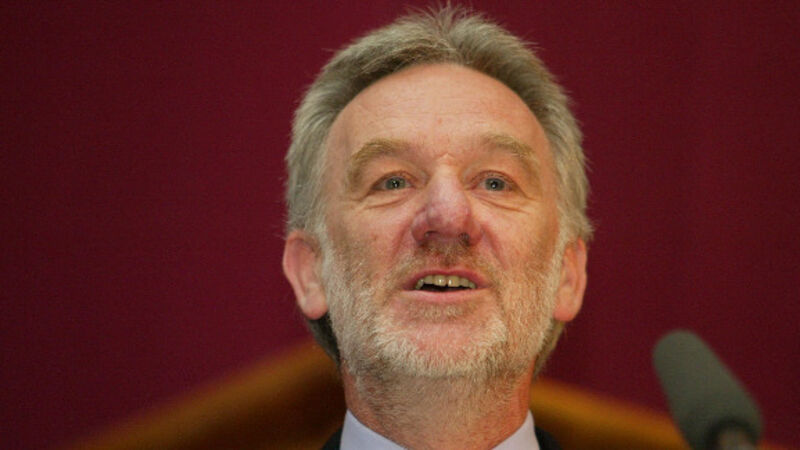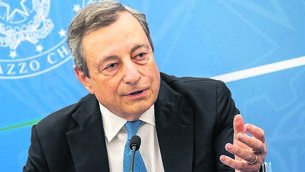From nuns with needles to crash mats for clients

As he approaches his retirement, Merchants Quay boss Tony Geoghegan talks to about a tumultuous three decades
Tony Geoghegan laughs now at the story of an elderly nun and an illicit delivery of needles and syringes.
















